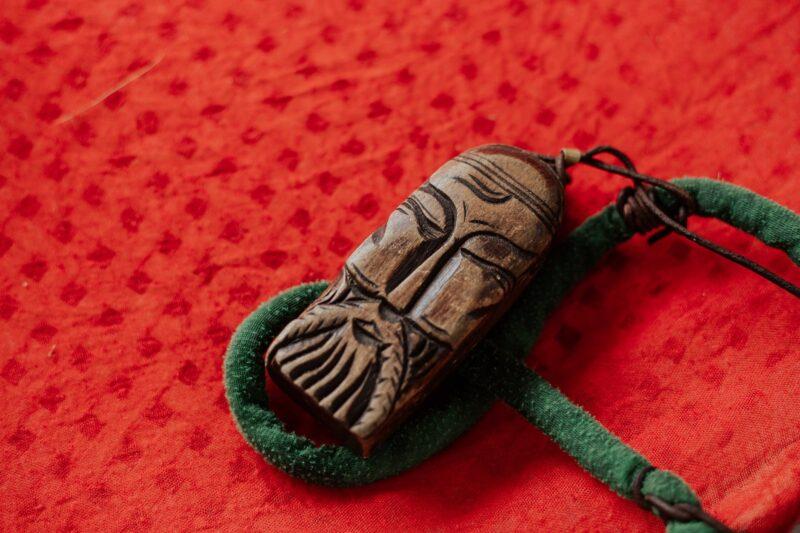THE FEAR OF CRITICISM
It is difficult, if not impossible, to identify how man gained this basic dread, but one thing is certain: he has it in a well-developed form.
Some believe that this fear first appeared in man’s consciousness around the time that politics emerged. Others say it can be dated back to the inaugural gathering of a female organization known as a “Woman’s Club.” Another school of humorists attributes the origin to the contents of the Holy Bible, whose chapters are rife with scathing and harsh criticism. If the latter claim is right and people who take literally what they read in the Bible are not erroneous, then God is to blame for man’s natural dread of criticism because God caused the Bible to be written.
This person, who is neither a humorist nor a “prophet,” but simply a regular working person, is inclined to attribute the basic fear of criticism to that part of man’s inherited nature that prompts him not only to take away his fellow man’s goods and wares but also to justify his action through CRITICISM of his fellow man’s character.
The dread of criticism manifests itself in a variety of ways, most of which are small and minor in nature, even bordering on immature in the extreme.
Bald-headed males, for example, are bald because they are afraid of criticism. Hats with tight-fitting bands, which provide protection but also cut off circulation at the roots of the hair, cause heads to go bald. Men wear hats not because they require them for comfort but because “everyone else is doing it,” and the person follows in line and wears it as well, lest some other individual criticize him.
Women rarely develop bald heads or even thin hair because they wear loose-fitting hats that serve no purpose other than to make an appearance.
However, it should not be assumed that women are immune to the dread of criticism connected with headgear. If a woman claims to be superior to a man in this regard, ask her to go down the street wearing a hat that is one or two seasons out of date!
Every soul contains the seed of a magnificent future, but that seed will never germinate, much less grow to maturity unless worthwhile service is rendered.
The designers of various kinds of apparel have not been slow to capitalize on the universal fear of criticism. It will be seen that the “styles” in many articles of clothing alter from season to season. Who decides on “styles“? Not the buyer of clothes, but the manufacturer of clothes. Why does he switch styles so frequently? Obviously, this modification is created in order for the company to sell more garments.
Automobile manufacturers, with a few rare and extremely rational exceptions, change styles every season for the same reason.
The clothes manufacturer understands how the man-animal fears wearing an outfit that is one season out of sync with “that which they are all wearing presently.”
Is this not correct? Isn’t it true that your personal experience backs it up?
We’ve been describing how individuals behave in the face of criticism when it comes to the tiny and insignificant things in life. Let us now study human conduct in the context of this dread and how it affects people in relation to the more important issues associated with human interaction. Take, for example, almost any individual who has reached the age of “mental maturity” (about thirty-five to forty-five years of age on average), and if you could read his or her thoughts, you would find a strong disbelief in and revolt against the bulk of religionists’ fables.
The fear of CRITICISM is tremendous and powerful!
There was a time, not so long ago, when the word “infidel” meant doom to whomever it was attached. As a result, it is clear that man’s fear of CRITICISM is not without justification.





